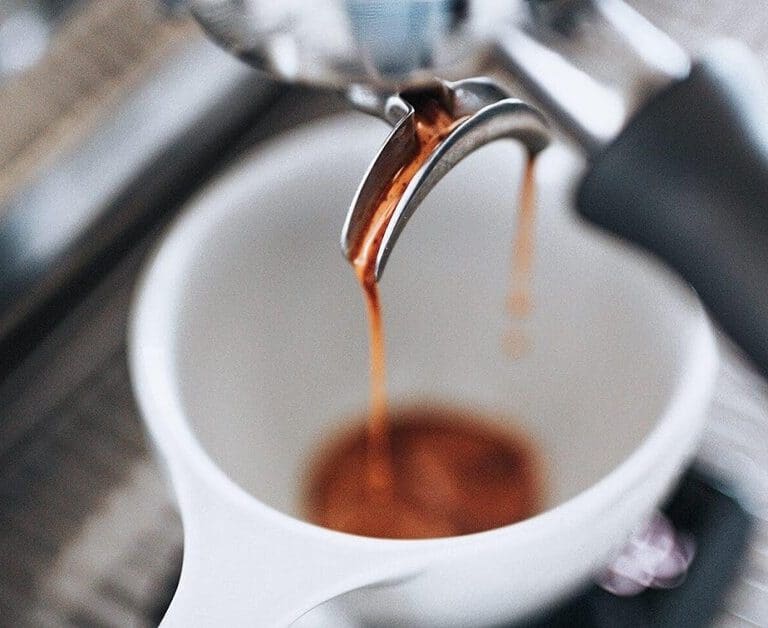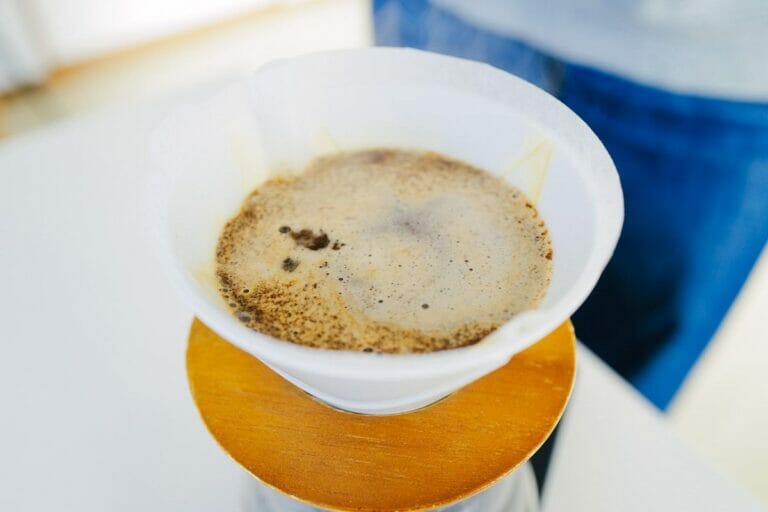I was recently asked, “What is specialty coffee?” which made me think that most like many others might be wondering the same thing.
Therefore, I wrote this article. Hope it answers your questions!
In this article, I will explain how specialty coffee is grown, how it is picked, where it comes from, and how it’s processed.
Types of Coffees
In the world of coffee, we distinguish two main types of coffee – regular, commercial class, and special or specialty coffee.
I will introduce you to what specialty coffee is, how it differs from the ordinary and why when we know what the differences are, we will prefer it to the ordinary.
Specialty Coffee
Specialty coffee should not be confused with “gourmet” or “premium” coffee.
These are marketing names and there are no set standards for them. You will certainly not find specialty coffee in the neighborhood supermarket, because it is not mass-produced.
Access to it is often extremely difficult. The production of specialty coffee accounts for less than 5% of total coffee production in the world.
This class of coffee is extremely rare and is produced in limited quantities. The remaining nearly 95% have probably already been before your eyes and in your cups in the form of ordinary coffee.
The production of high-quality coffee requires a lot, variety, and constant effort.
Consequently, it is grown in small batches.
In addition, everything from the fertilizers used, to the presence of the sun, the altitude, and even to the terroir, affects the quality of the coffee.
Efforts begin with choosing a place to plant the coffee varieties preferred by the farmer.
Attention to detail and dedication to the whole process must continue through the cultivation, picking, processing, baking, and packaging of the beans.
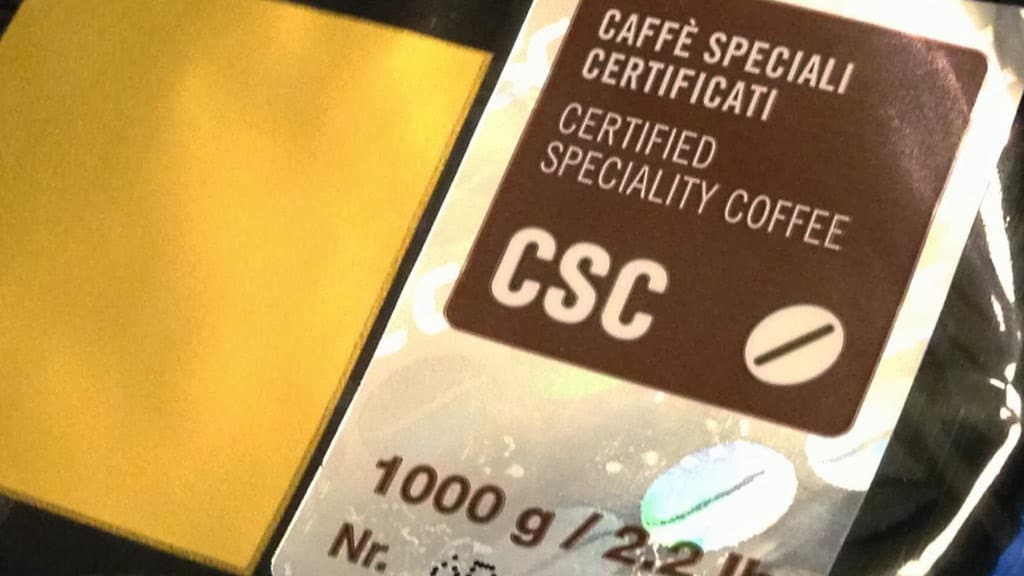
What Does the Term “Specialty Coffee” Cover?
So, what does the term “Specialty Coffee” cover, what is the CSC certification, and what does it require to get approved?
Now, more and more coffee is being consumed all over the world. In Denmark alone, we drink between 10 and 12 million cups of coffee a day.
At the same time as the total quantity increases, higher and higher demands are also made. People look at the quality of the coffee and there is more awareness about the individual beans.
Therefore, the “specialty coffee” concept covers especially high-quality coffee beans. There is always a particularly high knowledge of which country, which bean, and which farm it comes from.

Quality Standards for Specialty Coffee
To encourage and self-regulate, the specialty coffee industry, manufacturers, exporters, bakers, retailers, and equipment suppliers have set up numerous local and national associations.
There are such countries producing and consuming coffee that maintain the standard for specialty coffee.
One such organization is the Alliance for Coffee Excellence, which organizes the Cup of Excellence – a competition for the best coffee in a particular region.
Alliance for Coffee Excellence is an organization founded 20 years ago by a group of dedicated coffee connoisseurs and connoisseurs. They, in collaboration with international governmental and non-governmental organizations, come together to show farmers that consumers value their work and efforts through this type of competition. and online auction.
Capers or professional tasters from all over the world are invited to the tasting. They evaluate the coffees according to a 100-point system, and after the final result follows the exciting auction, where buyers from all over the world struggle to buy some of the best coffees in the world.
CSC Certificate Approval
CSC stands for “Certified Specialty Coffee” and is an Italian standard that guarantees that the coffee you drink is of the highest quality. The CSC association was born on the basis of the experience and passion of a group of roasteries who all burn for the same purpose, to promote the culture of quality coffee. The dream is that people choose their coffee based on taste and quality and not just on a simple habit.
To be approved for the CSC certificate, there are a number of strict requirements that must be met.
The examples include:
- The farmer must prove that he owns the land and all the machines used and that everything is ISO certified.
- He who exports the bean must prove that he himself has grown the coffee.
- Every harvest is reviewed and checked by the CSC Technical Commission to ensure the right quality.
- The farmer has to submit a sample of the crops for inspection every year.
- Each sample is shaken to make sample brews with it, called “cupping”.
- When the roasteries order a consignment of CSC certified beans, they are tested during transport and when they arrive.
- The roasters must, through a wide range of tests, document that the beans are roasted, mixed and packed according to the applicable requirements.
- In addition, there are requirements for all stages of production and how it is shaken, mixed and packed.
Subsequently, all CSC-certified coffee bags have a unique CSC label numbered and provided with a foraging unit that guarantees that the bag contains only CSC coffee beans.
Currently, the CSC certificate is only given to 11 roasters in the world.
Single- and two-estate means that the beans for the individual roasting come from only one or two farms. In short, you can tell exactly which field and farm the coffee comes from.
How is Specialty Coffee Grown?
Instead of huge corporations, specialty coffee is primarily a product of the family business.
Every farmer and his team put in a lot of effort to achieve quality end products.
As we said, it requires absolute dedication and constant motivation from the very beginning. It’s important to choose the right terrain and assess the environmental conditions so that you can grow the best possible coffee for these conditions.
The quantity produced in most cases is not more than 500 kg, and the micro-lots are from 20-40 kg.
Ordinary coffee is grown in huge quantities and therefore the demand for high quality is not of paramount importance. Growing is automated and uses pesticides and fertilizers, which are unlikely to bring many health benefits to consumers.
Therefore, the growth factors are also quite important.
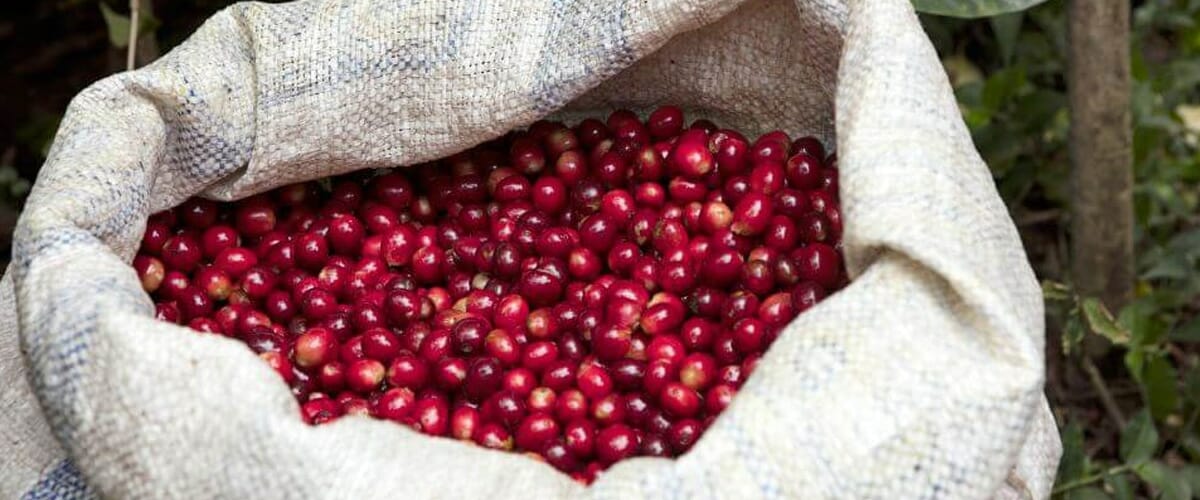
How is Specialty Coffee Picked?
Specialty coffee is almost always picked by hand.
Each farmer has his own rules for the color and type of coffee fruit, which must be strictly followed by pickers.
This is extremely important, as underripe or overripe fruit can affect the taste of more sour or bitter.
As pickers are generally paid per kilogram, specialty coffee is supplemented by a premium that compensates for the smaller volume.
After picking, the cherries are inspected, because there may still be some that do not meet the criteria of the farmers.
This ensures that only the highest quality fruit will move on to the next stages of processing.
As already mentioned, ordinary coffee is produced in large volumes and this predisposes to automate the entire production process. The coffee cherries are harvested entirely by machine, without observing how ripe each fruit is.
Thus, in one place, along with well-ripened cherries, fall both overripe and still green fruits. This has a negative effect on the overall quality of the batch and changes the taste of the coffee for the worse.
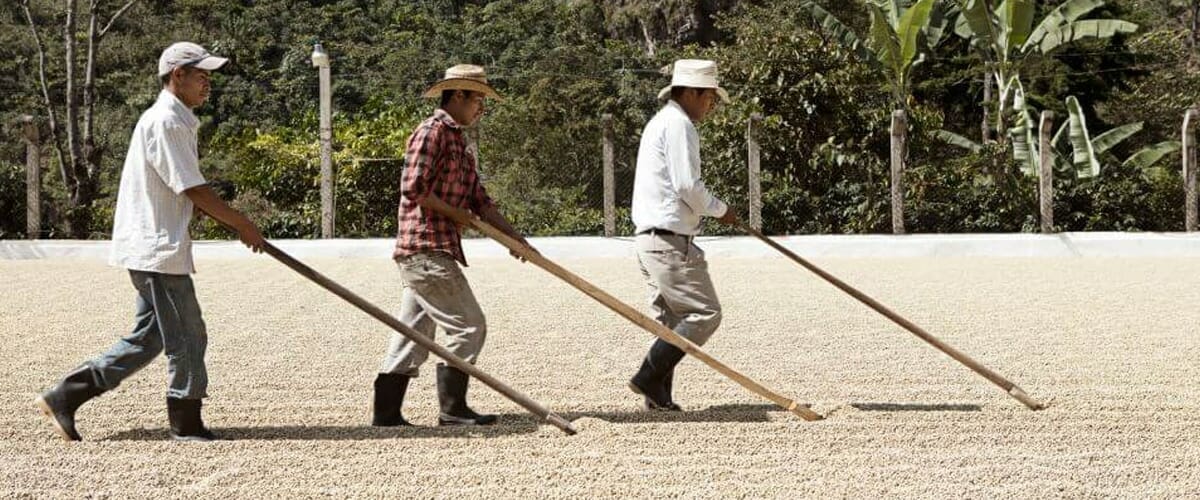
How is Specialty Coffee Processed?
Like regular coffee, specialty coffee can be processed in three ways: dry, semi-dry, and wet.
In the dry process, the green grains are spread on a surface of different sizes and dried in the sun, stirring often.
In the wet method, the pulp is first removed, then the grains are fermented in tanks and washed thoroughly with water.
Of course, great care must be taken here as well. Any mistake in creating the conditions for fermentation and subsequent washing can lead to impurities or disturbed taste balance.
After drying, the grains are sorted by size and weight. Those that have any defects are removed.
They usually go in batches of plain coffee packed in jute bags.
Then, approved kilograms of specialty coffee is packed in special bags,

How is Specialty Coffee Roasted?
The roasting of specialty coffee is done in small family bakeries by traditional methods.
It is often sold directly from the bakery to preserve its freshness and aroma.
Keep in mind that the peak of the aromas after baking is on the 45th day. After this, they begin to decrease and so on until the 6th month. That’s why most small bakeries put a baking date instead of an expiration date.
Each large brand has its own bakery and factory, where it bakes, packages, and sends to end-users.
In specialty coffee, finding the most delicious profile is the task of the baker, after which the caper or taster tastes the samples of roasted coffee to approve its taste.
And when this happens, the rest of the coffee will be roasted according to the specified roasting profile.
With mass coffees, the profile of each coffee is almost impossible to make. So, it is roasted there in the same way – the coffee just has to be roasted to fit into the package.
Packaging for mass coffees is part of the roasting process, ie. everything is automatic. Whereas specialty coffee is roasted by a baker, not by a machine operator, and packaged by hand, not by a machine.
You have probably already noticed that the more special a coffee is, the smaller its cut.
Many micro lots are in packages of 20-40 years.

Summary
This graphic perfectly summarizes the efforts involved in making specialty coffee:

In conclusion, specialty coffee differs from ordinary coffee in the way it is grown, processed, and roasted. It is not a mass product and to achieve the perfect taste requires a lot of effort and patience.
This article is also published on Medium.com


